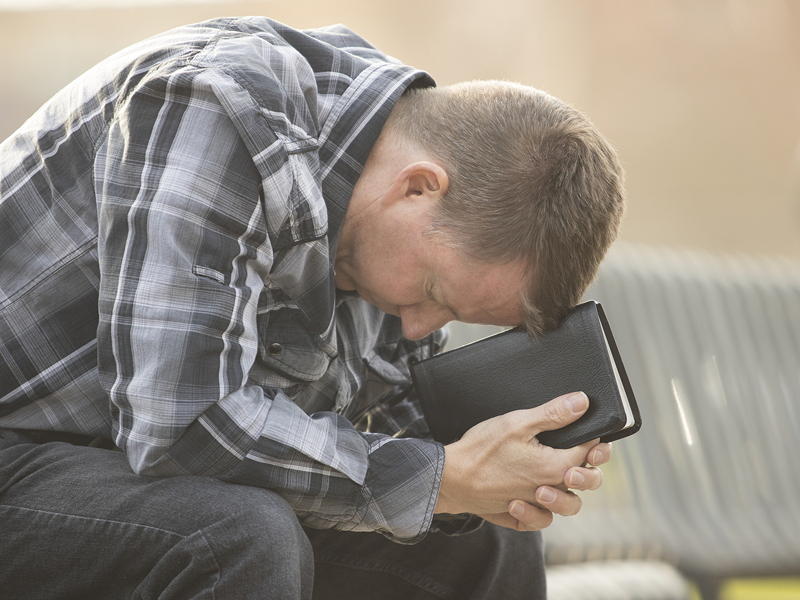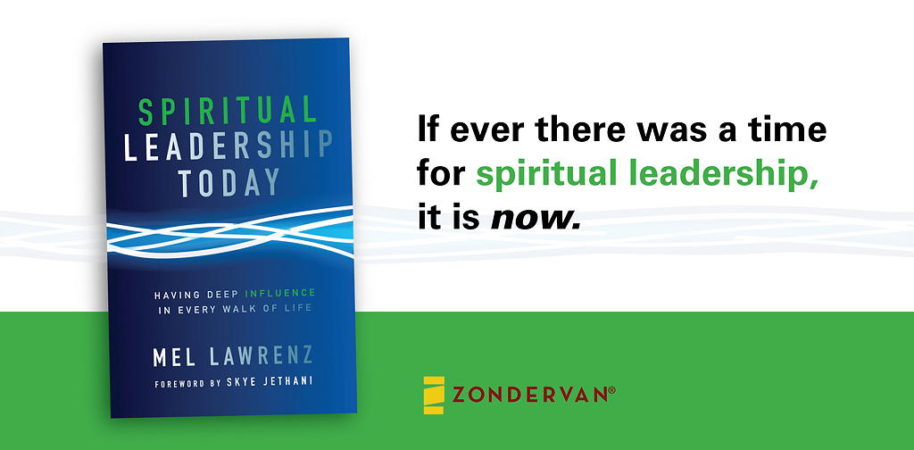We all know, deep inside, that we need some basic values that can keep our lives on track, keep us out of trouble, and lead us toward virtue rather than vice. In the modern world one value that sometimes is raised above all others is “be true to yourself.” Or “let your conscience be your guide.” In some ways in the modern world “conscience” is given an ultimate value. Even a substitute for the voice of God.

All that matters, many say, is that you follow your conscience, and no one can tell you you’re wrong if you do that. But we all know of times when people we know or we ourselves did something with a clear conscience that was completely wrong. We need the voice of conscience, but we should not consider it infallible.
The Bible speaks of an inner voice or awareness that can guide us toward what is good and righteous. There is no one word for it in the Hebrew Old Testament, but in the New Testament a word does emerge—syneidesis. There are 28 occurrences of the word in the New Testament, two-thirds of them in Paul’s writings.
Conscience is an inner awareness about the rightness or wrongness of our thoughts, words, and deeds. The Greek word literally means “the self that knows itself.” This is obvious when you see it: the person who is consistently self-aware, who cares about others, who has the courage to admit when he or she is wrong, but does not take on guilt that is undeserved. This is a good place to live: having a healthy conscience that is loud when it should be loud and quiet when it should be quiet.
The Bible does not describe the conscience as the voice of God, otherwise it would not be described as fallible. Neither does the Bible say that the conscience is a complete internal library of morality that all people possess.
Romans 2 is helpful here: “when Gentiles, who do not have the law, do by nature things required by the law, they are a law for themselves, even though they do not have the law. They show that the requirements of the law are written on their hearts, their consciences also bearing witness, and their thoughts sometimes accusing them and at other times even defending them.”
Everyone has a conscience. People who have never heard about the law of God are frequently aware of it in their hearts. This is why some moral standards are nearly universal, like the wrongness of murder or theft. But in Romans 1 and 2 Paul also makes it clear that simple moral sensitivity is not sufficient on its own.
So the best case scenario is when God the Holy Spirit enlivens and shapes conscience, making it a reliable voice as we make one decision after another throughout the day. The conscience is where the commands of God and love and faith converge: “the goal of this command is love, which comes from a pure heart and a good conscience, and a sincere faith” (1 Tim. 1:5).
Paul is able to say that his conscience testified that he was conducting himself in the world and in his relationships with integrity and sincerity, but only because of the grace of God (2 Cor. 1:12). In his first letter to the Corinthians he had talked about being harshly judged by others, and says: “I care very little if I am judged by you or by any human court; indeed, I do not even judge myself. My conscience is clear, but that does not make me innocent. It is the Lord who judges me” (1 Cor. 4:3-4). Note the details here. 1) He is rejecting the judgement of others; 2) because he has a clear conscience; 3) but he knows his conscience is not infallible; 4) so he admits he’s not always right; 5) but rests in the reality that he ultimately will be evaluated by God for his actions. This is a full and balanced view of the voice of the conscience.
What do we do when our conscience tells us something is acceptable, but another person’s conscience tells them differently? This happens all the time. Sincere believers differ on whether it is okay to drink alcohol, or go to certain movies, or participate in events which are ethically complicated. Paul addresses this in 1 Corinthians 8 when he advises believers split over whether it was okay to eat food that was associated with pagan temples. Some believers in Corinth believed food is food and had no pangs of conscience about it; others with “weak consciences,” as Paul put it, believed the practice was wrong. Paul’s advice? Don’t precipitate a faith crisis by flaunting the freedom of conscience you have, though that freedom is important.
There will always be differences of opinion on matters of conscience. This should force us to grow in our knowledge of Scripture, because the conscience must be trained by the truth of God.
And we should be on guard against false teachers whom Paul described to Timothy as people “whose consciences have been seared as with a hot iron” (1 Tim. 4:2).

I enjoy your posts.
Most every reform speaker that I have heard seems to believe in an innate view of right and wrong within all humans. Yet most every one of them will say that they believe in the total depravity of mankind. I know that this view of total depravity goes back a long way in church history but I don’t think it is right. I do believe that everyone has an inner conscience that will judges right and wrong within them. So I doubt that man is totally depraved. This view (that I hold) does not necessitate a works related salvation as some would say. I happen to believe that this inner conscience along with the revelation of the Mosaic Law is the path to salvation through Jesus. In my mind it is certainly no accident that God choose to give the law before He offered the plan of salvation.
I think that’s a very good interpretation and explanation of conscience ! It has certainly got me thinking about it. We are of course, as humans, fundamentally weak and easily distracted or led astray, even if we have the best intentions. You hit the nail on the head in saying this :- “the conscience must be trained by the truth of God”. If we don’t know the truth, then we can make huge mistakes. How many innocent people have been wrongly executed, imprisoned or removed from office ? How many people have been wrongly demonised when they did nothing wrong and actually did a lot of good ? How easy is it to get a crowd chanting “crucify” ? People can be tricked into believing they are “doing the right thing”. Surrounded by lies from the mainstream media (your false teachers), we have to seek the truth very carefully indeed. When we find and understand the truth and follow Jesus’ teachings, then the conscience, balanced with faith will be much stronger and more reliable and the path to take much clearer.
Very best wishes for 2018 !
@Rick: God first saved the Israelites from Egypt before He gave the Law. The Law was given to point the way to Jesus. Any honest person will see that there is no possible way to keep the mandates of the Law for five minutes. Total depravity does NOT mean utter depravity. We are NOT as bad as we possibly COULD be. BUT we ARE totally depraved. Every part of us has been corrupted: our bodies, our intellects, our consciences, our wills, our affections etc. Again, “total” does not mean “utter.” The doctrine of total depravity is not unique to reformed theology.